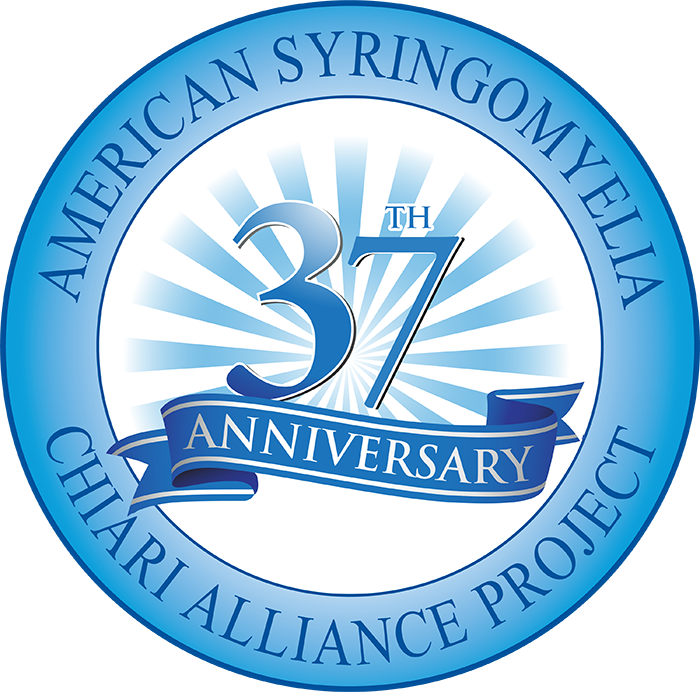Marcy Speer Research Memorial Fund
Marcy Speer Research Memorial Fund

Marcy was dedicated to answering the genetic questions surrounding Chiari and showed unwavering commitment to ASAP’s mission. Recently, we received a grant request for $50,000 from Duke University to fund the work that was begun by Marcy and her team in 1998 with an ASAP grant.
The Board of Directors is pleased to announce that all funds donated to the Marcy Speer Research Memorial Fund will be awarded to Duke University to continue her ongoing work. Read more information from lead researcher Dr. Allison-Ashley Koch here.
To make a donation to the Marcy Speer Research Memorial Fund, you may do so online or contact our office at 903-236-7079.
Why Support the Fund
Recent advancements in genetics have yielded remarkable insight into human health and disease. Thanks to the foresight of the late Dr. Marcy Speer (1959-2007), the Duke Center for Human Genetics is poised to begin a promising research agenda aimed at finding the genes involved in Chiari type I malformation (CM1).
A substantial body of evidence implicates a genetic component in CM1: familial aggregation, twin studies, and comorbidity with several other known genetic conditions. In the 1990’s, Dr. Speer began a unique biobank of samples from CM1 families, enabling preliminary genetic studies identifying regions of association on chromosomes 9 and 15. This important research continues at Duke under the leadership of Drs. Allison Ashley-Koch and Simon Gregory, who aim to collect more patient samples, follow up on the initial findings, and look across the entire genome for additional candidate genes. The latter goal will be accomplished in a genome-wide association study (GWAS) that will test over 600,000 single nucleotide polymorphisms (SNPs). Recent technological advancements have made such experiments possible, whereas a decade ago it would have taken an insurmountable amount of time and resources. A GWAS study is akin to surveying one household on every block across the United States. Initial analysis will point researchers to the right neighborhood, where they can then go in and survey each house on the street. Called genetic “fine-mapping,” this second set of experiments will hopefully zero in on one, or likely several, CM1 candidate genes.
Another key component to this research is assessing how genes are expressed in different CM1 subtypes and in response to surgical treatment. GWAS and fine-mapping studies describe variation at the level of DNA sequence, while gene expression studies profile how genes are expressed as proteins. (Looking at SNPs is like reading the notes of a musical score; gene expression studies are like hearing the music). Samples from pediatric CM1 patients receiving decompression surgery at Duke University Medical Center will be profiled for genome-wide expression patterns, both before and after surgery. The goal of these experiments is to identify gene expression signatures that differ among CM1 subtypes, potentially providing a new diagnostic tool. Additionally, predicting surgical outcome based on expression profiles would help guide treatment decisions for future CM1 patients.
Genetic research holds remarkable promise for the future of diagnosing, treating, and maybe one day even curing CM1. Adequate funding is critical to support this level of scientific inquiry. The late Dr. Marcy Speer initiated the Duke CM1 research project, and it is with your help that this important research can continue in her name.

